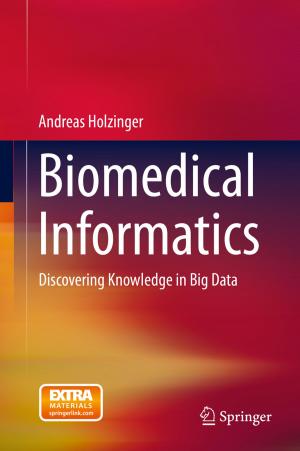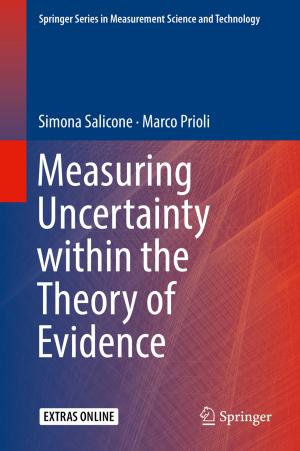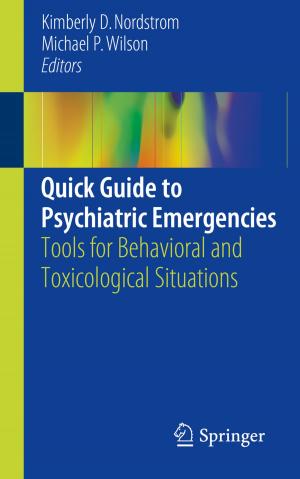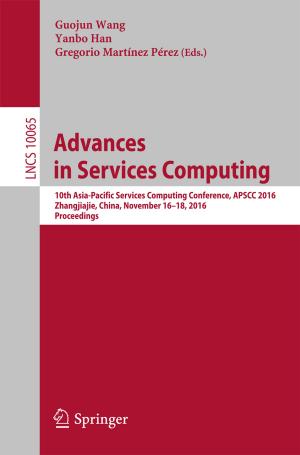Classroom Assessment in Mathematics
Perspectives from Around the Globe
Nonfiction, Reference & Language, Education & Teaching, Educational Theory, Evaluation, Teaching, Teaching Methods| Author: | ISBN: | 9783319737485 | |
| Publisher: | Springer International Publishing | Publication: | March 1, 2018 |
| Imprint: | Springer | Language: | English |
| Author: | |
| ISBN: | 9783319737485 |
| Publisher: | Springer International Publishing |
| Publication: | March 1, 2018 |
| Imprint: | Springer |
| Language: | English |
This book consists of 13 papers developed by participants in the ICME 13 Topic Study Group 40 on Classroom Assessment. The individual papers discuss various aspects of classroom assessment, focusing particularly on formative assessment as assessment for learning, and are grouped into four main sections: Examples of Classroom Assessment in Action, Technology as a Tool for Classroom Assessment, Statistical Models for Formative Assessment, and Engaging Teachers in Formative Assessment. The book opens with a brief discussion of the use of formative assessment as a critical component of the teaching–learning process and concludes with an overview of lessons learned and ideas for future research. It is of interest to classroom teachers, university teacher educators, professional development providers and school supervisors.
This book consists of 13 papers developed by participants in the ICME 13 Topic Study Group 40 on Classroom Assessment. The individual papers discuss various aspects of classroom assessment, focusing particularly on formative assessment as assessment for learning, and are grouped into four main sections: Examples of Classroom Assessment in Action, Technology as a Tool for Classroom Assessment, Statistical Models for Formative Assessment, and Engaging Teachers in Formative Assessment. The book opens with a brief discussion of the use of formative assessment as a critical component of the teaching–learning process and concludes with an overview of lessons learned and ideas for future research. It is of interest to classroom teachers, university teacher educators, professional development providers and school supervisors.















